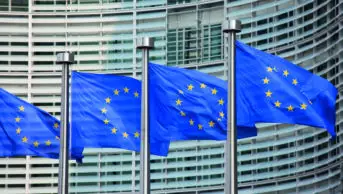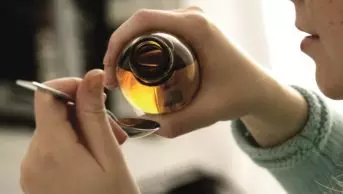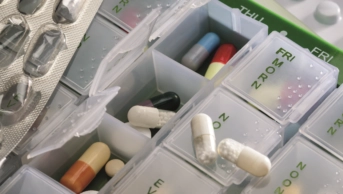
Medicines and Healthcare products Regulatory Agency (MHRA)
It will no longer be compulsory for pharmacists, doctors and other healthcare professionals in the UK to report all suspected adverse drug reactions (ADRs) in children to the Yellow Card scheme, the Medicines and Healthcare products Regulatory Agency (MHRA) has announced.
The Yellow Card Scheme helps the MHRA monitor the safety of the medicines and vaccines.
Instead, it will only be necessary to report suspected ADRs that are serious, medically significant or result in harm, as well as all reactions associated with newer drugs and vaccines identified by a black triangle symbol ‘â–¼’. Less serious or minor ADRs do not need to be reported, said a spokesperson for the MHRA.
It is now unnecessary to report a slight rash or headache, for example, in reaction to a medicine with well-documented reactions, the spokesperson added.
The MHRA made the decision to align the reporting guidelines for children to those for adults following a workshop with paediatric specialists, pharmacists, and patient organisations. It was found that reporting all suspected ADRs in children was impractical and potentially acted as a barrier to the reporting of reactions with particular drugs, such as newer products, about which such information was valuable.
“The effects of medicines in children can be different to adults and in order to widen our knowledge on any possible side effects in this young age group for existing and new drugs, it is vital that we receive reports,” says June Raine, director of vigilance and risk management of medicines at the MHRA.
The new guidance applies to all medicines, vaccines, herbal or complementary products whether self-medicated, prescribed, off licence or misused.
Hilary Cass, president of the Royal College of Paediatrics and Child Health, said: “These new guidelines should help speed up the process and mean that healthcare professionals are not put off by complex forms and unclear processes.”
The quickest way to send a Yellow Card is online at mhra.gov.uk/yellowcard.


